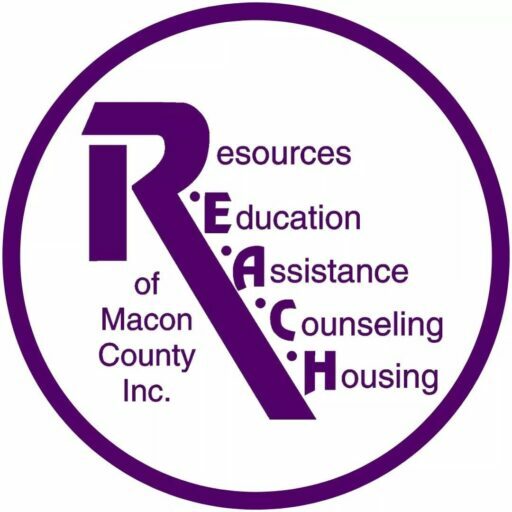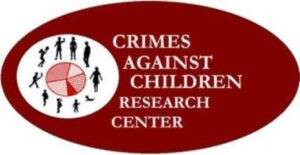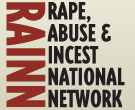WE BELIEVE YOU
REACH provides trained advocates 24/7 to assist you in times of crisis. All calls are strictly confidential!
CRISI S Hotline & Textline (828) 369-5544
*For emergencies requiring police or medical response, please dial 9-1-1
(Page appeared to be blank.)
Why are males not seeking help and talking about their abuse?
There are several social stigmas and assumptions on how males are supposed to deal with trauma and abuse.
 Males that seek help face negative emotional impact due to gender stereotypes. Seeking help leads to secondary victimization due to the stereotypes, leading to further distress.
Males that seek help face negative emotional impact due to gender stereotypes. Seeking help leads to secondary victimization due to the stereotypes, leading to further distress.
- REACH has a male advocate that understands the challenges males face and is not concerned with social constructs of gender stereotypes, but instead is focused on providing the proper assistance and help.
Males in heterosexual relationships fear being laughed at or reversely accused when they are larger than the female abuser due to the belief they are more physically capable.
- We always believe victims and do not judge or make accusations. If you come to us for help, we will help.
Abuse is a human issue, not a man vs woman issue. Women abuse men, men abuse men, men abuse women, women abuse women. When we view abuse as a human issue, everyone can begin to receive equal care and resources.
- At REACH, we see abuse as something that effects everyone as humans and strive to be committed to the victim regardless of gender or the type of relationship you are in.
1 in 4 men experience some form of physical violence from a partner. (Source – NCADAV)
19.3% of men in NC experience IPV, sexual violence, and/or stalking. (Source – NCADAV)
The CDC reports 1 in 4 men have experienced some form of contact sexual violence, 1 in 14 men were forced to penetrate someone, and about 1 in 17 men were victims of stalking at some point.
At REACH, we provide an environment free of judgment.
Our goal is to provide equal services to any and all victims and survivors of abuse.
END THE STIGMA!
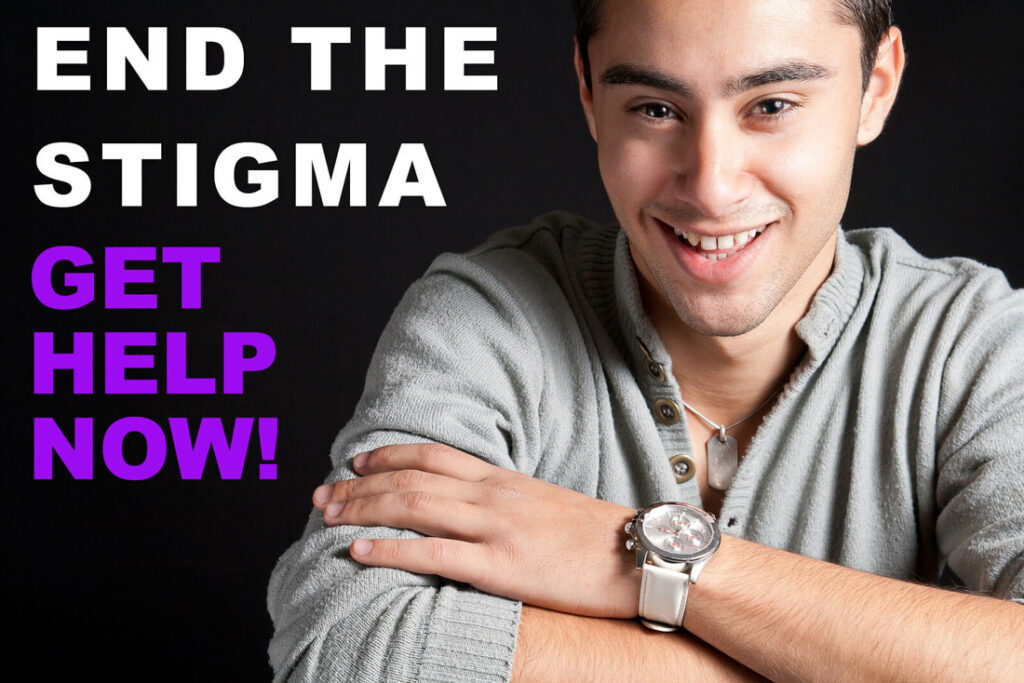
Sexual Assault is defined as
any type of sexual activity that you do not consent to; it can be verbal, visual, or physical
Consent is when all people
involved agree to the particular situation
Types of Sexual Assault
- Inappropriate touching
- Vaginal, anal, or oral penetration
- Sexual intercourse that you did not consent to
- Rape or attempted rape
- Child molestation
If you have been raped or are in an abusive relationship...
Don't ignore the problem. Talk to a friend, counselor, or hotline.
Do not blame yourself. You did not deserve the abuse.
Seek medical attention. In case of a sexual assault, do not shower or change clothes until you have received medical attention.
Remember you are not alone! R.E.A.C.H. cares, and we can help.
What is Child Abuse?
Child abuse includes acts of physical abuse, sexual abuse, emotional abuse, and/or neglect.
Child abuse occurs at every socioeconomic level, across ethnic and cultural lines, within all religions and at all levels of education.
 IF YOU SUSPECT CHILD ABUSE:
IF YOU SUSPECT CHILD ABUSE:
DO:
- Keep Calm
- Tell the child you believe them
- Show interest and concern
- Reassure and support the child
- Take action. It could save a child's life
DON'T:
- Panic or overreact
- Pressure the child
- Confront the offender.
- Blame the child or minimize the child's feelings
- Overwhelm the child with questions.
All North Carolina citizens are mandated by law to report suspected child abuse and neglect to the Department of Social Services in the county where the child lives. You can make a report without giving your name.
Macon County Department of Social Services:
828-369-2124
Jackson County Department of Social Services:
828-586-5546
Child Sexual Abuse
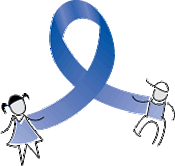 What is child sexual abuse?
What is child sexual abuse?
- Any sexual act between an adult and a minor or between two minors when one exerts power over the other.
- Forcing, coercing or persuading a child to engage in any type of sexual act.
- This, of course, includes sexual contact. It also includes non-contact acts such as exhibitionism, exposure to pornography, voyeurism and communicating in a sexual manner by phone or Internet.
- An agonizing and traumatic experience for its victims.
- A crime punishable by law.
*The above information is attributed by and taken from the Darkness to Light "7 Steps to protecting our children A guide for responsible adults", handout guide. Please visit them for valuable information regarding child sexual abuse. www.darkness2light.org
Where to get help?
Give REACH a call and speak to an advocate who can help inform you of the different options and services available to you depending on your specific situation. We also provide referrals to other community agencies who can help.
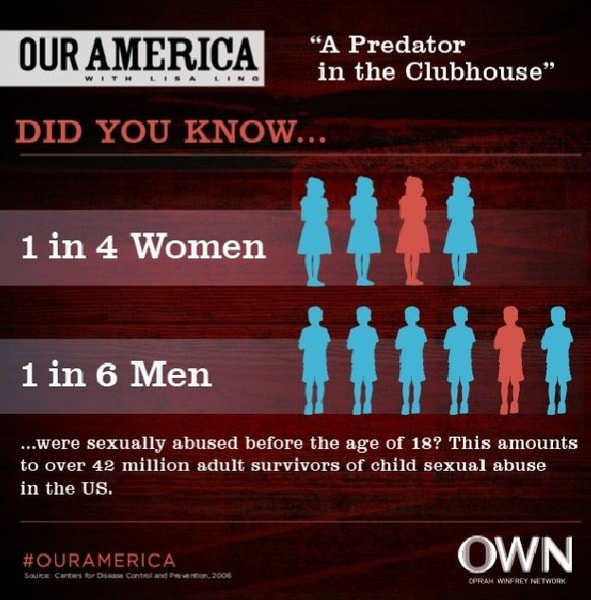
Kids Place (Macon County, NC) is a local, private, non-profit agency located in Macon County who is accredited by the National Children's Alliance who provides services to abused and neglected children. To find out more about their services and who they are, visit their website here.
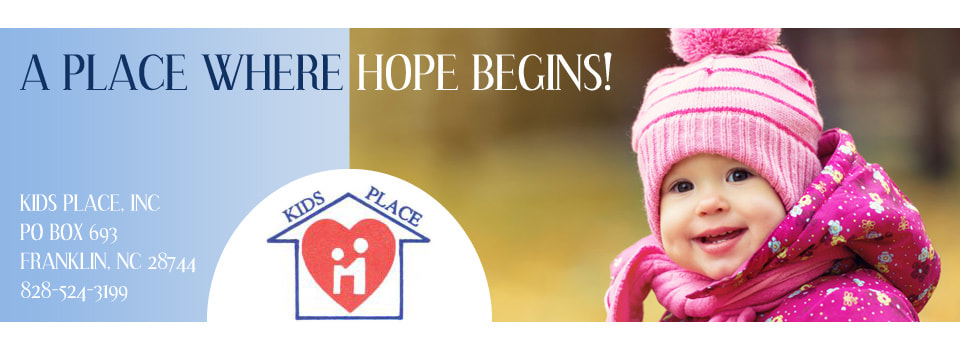

Macon County Department of Social Services (DSS) Child Protective Services (CPS) provides helpful information on their webpage about reporting child abuse, recognizing child abuse, as well as a list of possible signs of abuse that a child may be experiencing.
CHILD VICTIMIZATION RESEARCH
Check out the "Crimes Against Children Research Center" for a lot of good research on children who have been victimized by different means. Great resource!
Darkness to Light
Into the Light
This educational video below is a compilation of many different survivors of childhood sexual abuse. The purpose of the video is to shed light on childhood sexual abuse, and shows the different difficulties survivors have gone through. If you're ready to break the silence, give us a call 24 hours a day and speak to an advocate. All calls are confidential.
*Trigger Warning*
This video may be difficult for some people to watch.
Domestic Violence & Children
What affect does exposure to violence have on the developing brain of a child? How may exposure to violence effect the developing child's brain? See the video below called, "First Impressions: Exposure to Violence and a Child's Developing Brain."
Presented By: The California Attorney General's Office
*If video does not play, search for video on YouTube as the link/code may be expired.
The Science of Childhood Trauma
The video below dramatically shows the effects traumatic stress can have on a child’s developing brain as well as the importance of adults’ healing gestures that help children learn and thrive.
RAINN'S WEBSITE HAS A LOT OF GOOD INFORMATION ON CHILD SEXUAL ABUSE
CLICK HERE TO LEARN MORE

Get The Facts...
What is stalking?
You are being stalked when a person repeatedly watches, follows or harasses you, making you feel afraid or unsafe. A stalker can be someone you know, a past boyfriend or girlfriend or a stranger. While the actual legal definition varies from one state to another, here are some examples of what stalkers may do: call or text you repeatedly, harass you on social media, show up at your residence, school, or workplace, follows you, watches (or has someone else watch) you.
What if I'm Being Stalked?
 If you're being stalked, you may be feeling stressed, vulnerable or anxious. You may also have trouble sleeping or concentrating at work or school. Remember, you are not alone. Every year in the United States, 3.4 million people are stalked and young adults between the ages of 18-24 experience the highest rates. Most people assume that stalkers are strangers, but actually three in four victims are harassed by someone they know.
If you're being stalked, you may be feeling stressed, vulnerable or anxious. You may also have trouble sleeping or concentrating at work or school. Remember, you are not alone. Every year in the United States, 3.4 million people are stalked and young adults between the ages of 18-24 experience the highest rates. Most people assume that stalkers are strangers, but actually three in four victims are harassed by someone they know.
If you are in immediate danger, call 911 and report everything that’s happened to the police. Get additional support by obtaining a protection order that makes it illegal for the stalker to come near. Know that the person harassing you may also get arrested and convicted in the criminal justice system.
 SAVE IMPORTANT EVIDENCE SUCH AS:
SAVE IMPORTANT EVIDENCE SUCH AS:
- Text messages
- Voicemails
- Videos
- Letters, photos and cards
- Unwanted items or gifts
- Social media friend requests
- Emails
*You should also write down the times, places and dates all incidents occurred. Include the names and contact information of people who witnessed what happened.
Stalking is traumatic. You may experience nightmares, loss of sleep, get depressed or feel like you’re no longer in control of your life. These reactions are normal. It can help to tell your friends and family about the stalking and develop a safety plan.
THINGS YOU CAN DO IF YOU ARE BEING STALKED
 Stalking is unpredictable and dangerous. No two stalking situations are alike. There are no guarantees that what works for one person will work for another, yet you can take steps to increase your safety.
Stalking is unpredictable and dangerous. No two stalking situations are alike. There are no guarantees that what works for one person will work for another, yet you can take steps to increase your safety.
If you are in immediate danger, call 911.
Trust your instincts. Don’t downplay the danger. If you feel you are unsafe, you probably are.
Take threats seriously. Danger generally is higher when the stalker talks about suicide or murder, or when a victim tries to leave or end the relationship.
Contact a crisis hotline, victim services agency, or a domestic violence or rape crisis program. They can help you devise a safety plan, give you information about local laws, refer you to other services, and weigh options such as seeking a protection order.
Develop a safety plan, including things like changing your routine, arranging a place to stay, and having a friend or relative go places with you. Decide in advance what to do if the stalker shows up at your home, work, school, or somewhere else. Tell people how they can help you.
To learn more about stalking, visit the Stalking Resource Center Web site www.victimsofcrime.org/src
Information from: victimsofcrime.org and loveisrespect.org
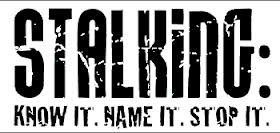
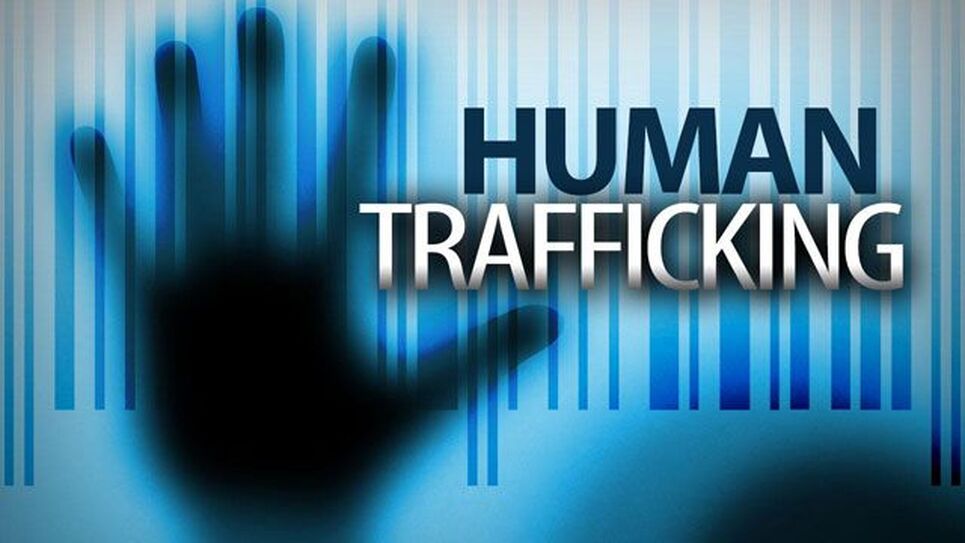
What is Human Trafficking?
Human Trafficking is a form of modern-day slavery and a federal crime. It is defined as the trade in humans, most commonly for the purpose of sexual slavery, forced labor or commercial sexual exploitation induced by force, fraud, or coercion.
The Trafficking Victims Protection Act of 2000 and its subsequent reauthorizations define human trafficking as:
- Sex trafficking in which a commercial sex act is induced by force, fraud, or coercion, or in which the person induced to perform such act has not attained 18 years of age; or
- The recruitment, harboring, transportation, provision, or obtaining of a person for labor or services, through the use of force, fraud, or coercion for the purpose of subjection to involuntary servitude, peonage, debt bondage, or slavery. (22 U.S.C. § 7102(9)).
Warning Signs of Human Trafficking:
- Appearing malnourished
- Showing signs of physical injuries and abuse
- Avoiding eye contact, social interaction, and authority figures/law enforcement
- Seeming to adhere to scripted or rehearsed responses in social interaction
- Lacking official identification documents
- Appearing destitute/lacking personal possessions
- Working excessively long hours
- Living at place of employment
- Checking into hotels/motels with older males, and referring to those males as boyfriend or “daddy,” which is often street slang for pimp
- Poor physical or dental health
- Tattoos/ branding on the neck and/or lower back
- Untreated sexually transmitted diseases
- Small children serving in a family restaurant
- Security measures that appear to keep people inside an establishment - barbed wire inside of a fence, bars covering the insides of windows
- Not allowing people to go into public alone, or speak for themselves
These warning signs are adapted from information provided by the Polaris Project and its National Human Trafficking Resource Center and Innocents at Risk.
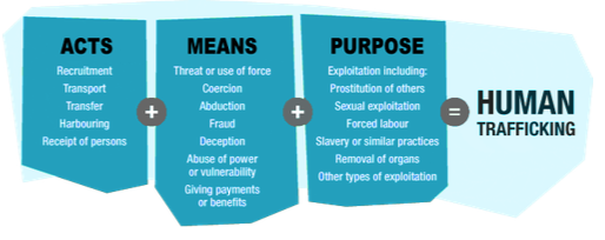
Impact of Human Trafficking and Sex Abuse on Children’s Health
 Mental and behavioral health
Mental and behavioral health- PTSD, Depression, Anxiety, Risky Behavior,
- Suicidal Ideation
- Physical health
- Diabetes, Autoimmune disorders, STDs, fatigue, headaches, loss of memory, stomach pains
- Attachment disorder
- Trauma (physical/psychological)
- Potential long-term physical and mental health issues
- Potential physical and/or mental health issues that appear later in life as a result of adverse childhood experiences.
When you're ready to talk, we're ready to listen. Your call to us is important, that's why all calls are strictly confidential and you may call anonymously if you'd like.
Normal conflicting emotions victims may be dealing with:
- Fear: The fear of what might happen if they were to leave.
- Belief: Believing abuse is normal due to being exposed to unhealthy relationships; possibly by parents, certain religious misconceptions, former relationships, witnessing other family members being in an unhealthy relationship when you were growing up, violence in the media, certain cultures, and so on.
- Embarrassment: They have a hard time admitting to others that they have been abused due to the fear of being judged or letting others down.
- Low self-esteem: feeling like you cannot do better than the situation you are in now, feeling that you can't make it on your own. Low self-esteem and domestic violence go hand in hand in many cases.
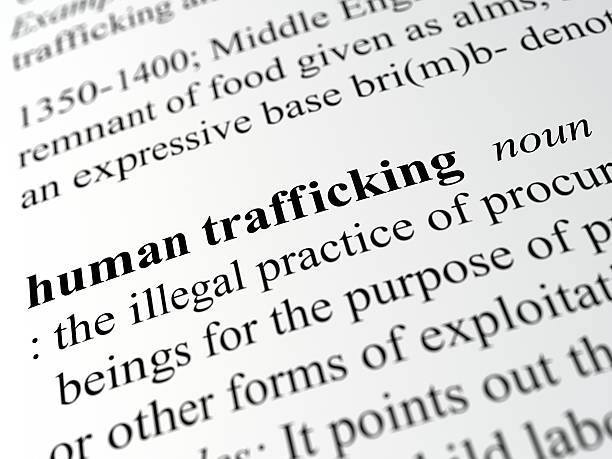
RESOURCE GUIDE FOR VICTIMS OF HUMAN TRAFFICKING
REACH would like to thank Nantahala Health Foundation for their generous grant to support our Human Trafficking Program. Their continued support ensures that trafficking victims and survivors receive the vital services that they need. Click below to learn more about the amazing programs they support!
